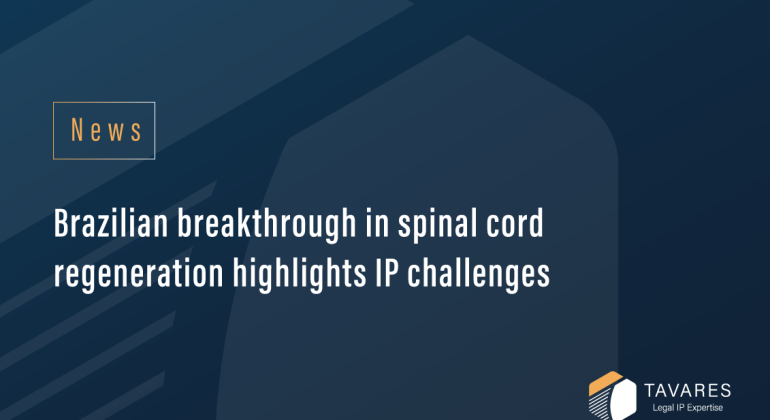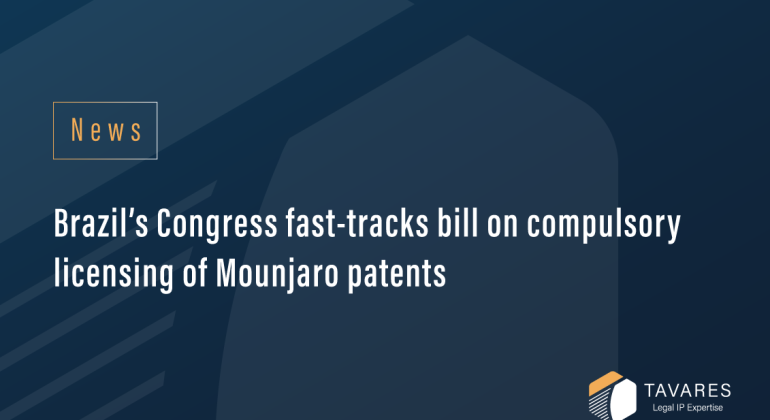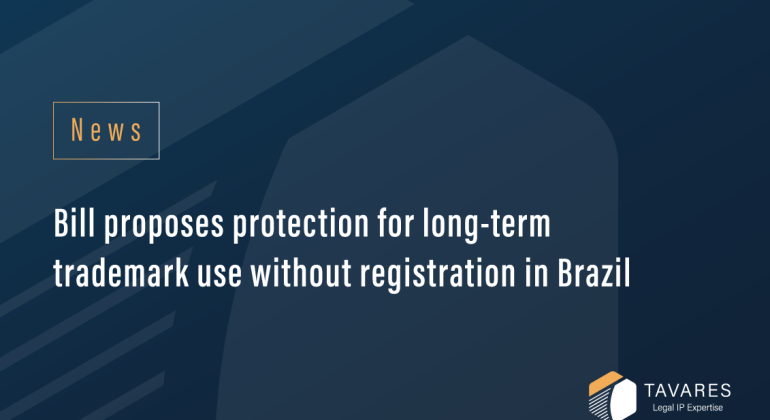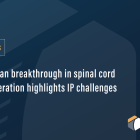Brazilian breakthrough in spinal cord regeneration highlights IP challenges
A major Brazilian scientific breakthrough in spinal cord regeneration has drawn global attention, while also highlighting critical challenges in protecting intellectual property for academic innovation.
Developed at the Federal University of Rio de Janeiro (UFRJ), the technology uses a substance known as polylaminin to stimulate nerve regeneration shortly after traumatic injury. The first human application within 24 hours of trauma marks a significant milestone in medical science.
From research to disruption
Led by researcher Tatiana Sampaio, the innovation is the result of nearly three decades of scientific development.
Polylaminin acts as a biological scaffold, supporting neuron reconnection and preventing early cell death — a fundamentally different approach compared to traditional treatments focused solely on stabilization.
Early outcomes reinforce a key scientific insight: timely intervention can redefine recovery expectations, even in severe cases.
The warning: loss of international patent protection
Despite its disruptive potential, the case highlights a structural issue: the loss of international patent protection due to funding constraints.
Budget cuts in previous years resulted in the lapse of global patent coverage. The technology remained partially protected in Brazil only through the researcher’s personal financial efforts.
This situation underscores broader risks:
-
breakthrough innovations may fail to generate economic returns domestically;
-
strategic technologies may be exploited abroad;
-
innovation ecosystems weaken without strong IP frameworks.
IP as a cornerstone of innovation strategy
With clinical trials authorized by the Brazilian Health Regulatory Agency (Anvisa), Brazil now seeks to regain momentum.
However, the case sends a clear message to global stakeholders:
Innovation without IP protection limits its commercial and strategic impact.
In sectors such as biotechnology, intellectual property is essential to:
-
enable technology transfer;
-
secure investment;
-
ensure market exclusivity;
-
transform research into scalable solutions.















